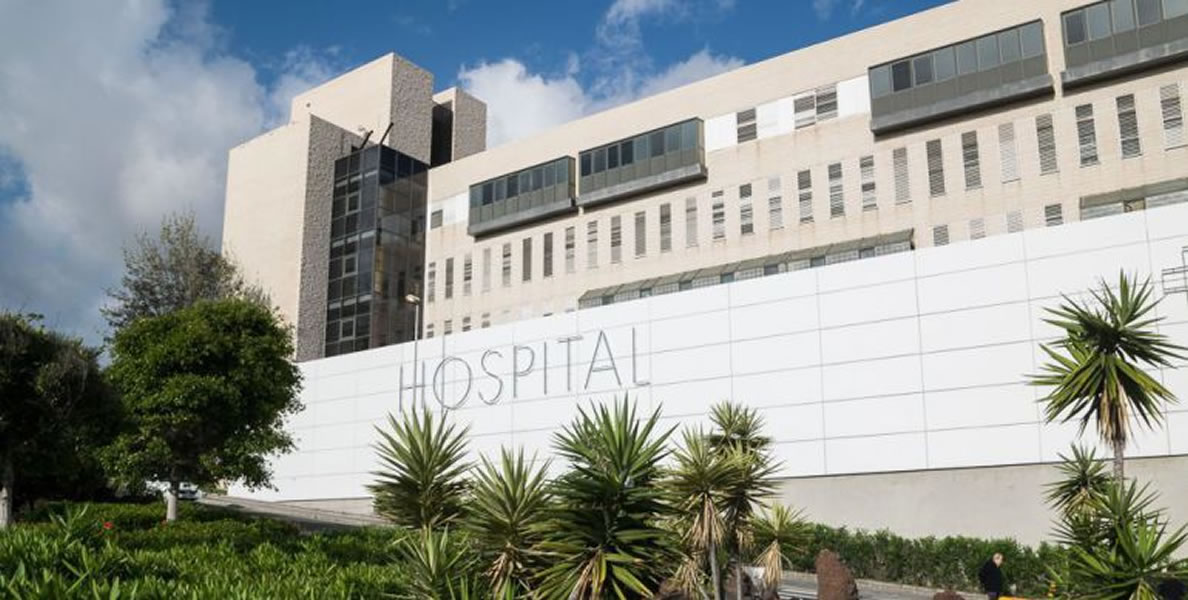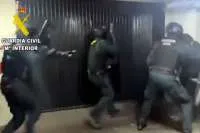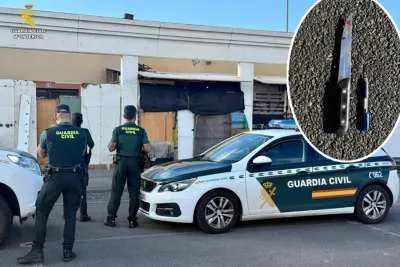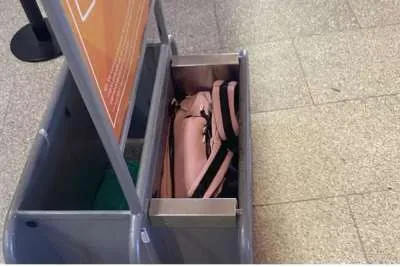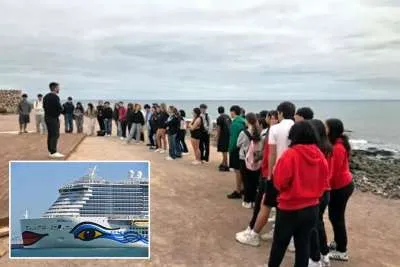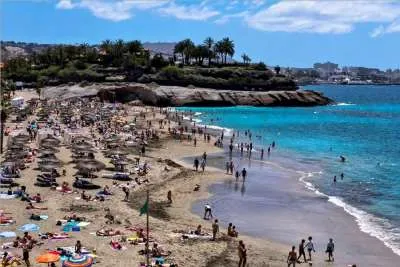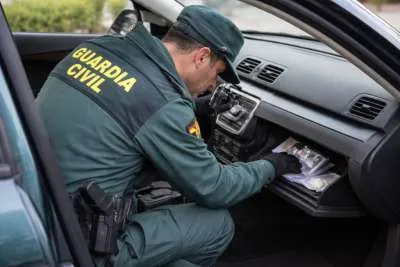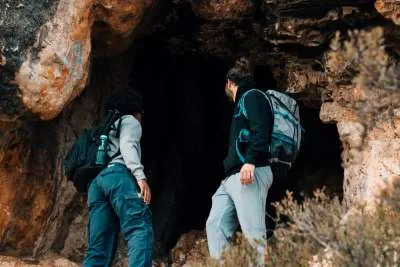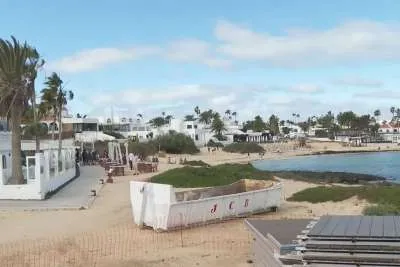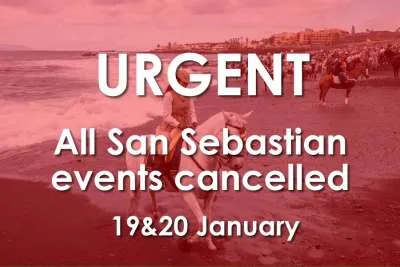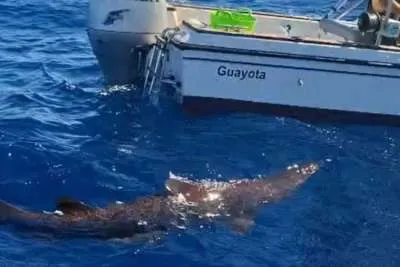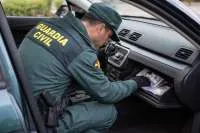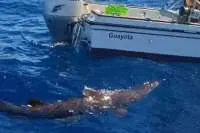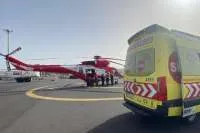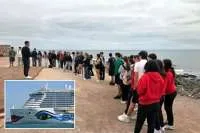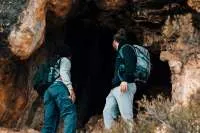Gran Canaria still has ICU occupancy despite the reduction in infections
- 28-04-2021
- Gran Canaria
- Canarian Weekly
Despite the significant decrease in coronavirus infections in Gran Canaria over the last two weeks, the occupancy level of intensive care units continues to be worrying. Yesterday, Covid patients occupied 17.7% of ICU beds on the island, so this indicator is still marked in red due to high risk. In the case of the seven-day incidence, yesterday Gran Canaria registered 38.3 cases per 100,000 inhabitants compared to 55.8 last Tuesday, which consolidates the island in the average risk of contagion levels.
However, in recent days, the hospital pressure in these units has eased since last Tuesday when the occupancy was 22.2%. Specifically, the Doctor Negrín hospital has gone from having four free ICU beds to eleven, and the Insular Maternal and Child had 40 free places in its ICU yesterday.
As of yesterday, this was the only epidemic parameter in Gran Canaria at ‘red’ risk for level 3 restrictions. In the case of Tenerife, there were two indicators marked in red; the percentage of occupancy in ICUs, with 16% of them occupied by Covid patients, and the accumulated incidence at 14 days, of 150.7 cases per 100,000 inhabitants.
With these and other data, the Government of the Canary Islands will update the levels of risk due to contagion in each of the islands tomorrow, Currently Level 1 restrictions apply to La Palma and La Gomera, Level 2 restrictions apply to Fuerteventura, Lanzarote, La Graciosa and El Hierro, and Level 3 restrictions apply to Gran Canaria and Tenerife.
Unfortunately yesterday daily infections experienced a small rebound, with 165 new cases, representing a 44% rise compared to those recorded the day before. Tenerife once again registered most of them with 96 positives; Gran Canaria added 38, La Palma fifteen; Lanzarote eleven; El Hierro four and Fuerteventura just one.
CANARIES WANT ENTRY & EXIT CONTROLS AFTER STATE OF ALARM:
The president of the Canary Islands, Ángel Víctor Torres, advocated in Parliament to maintain sanitary controls in ports and airports yesterday, to prevent the entry of the virus into the islands, once the state of alarm is lifted on May 9th.
Torres said that it’s good news that the state of alarm is declining because it means that the epidemic is under control, although he expressed concern about the possibility that the abolition of some measures will lead to rebounds in the data of the islands.
Although the state of alarm is coming to an end, the Canary Islands president believes it is necessary to maintain limits on the number of people that can meet, as well as controls on entry by sea and air to the islands to determine if people are already vaccinated or not, if they have passed the virus, or if they have negative PCR or antigen test results.
"We have already transferred this to the State Government," Torres said. On the evolution of the data of the pandemic in the Canary Islands and Spain, he stressed that the latter prove "that things are apparently going well, although false hope should never be given."


